As with most live-action video game adaptations, Amazon’s Like a Dragon: Yakuza show announcement came with its fair share of anxiety from a vocal fandom, which built up even more as they heard about the production of the series that’s due out this October. Details like its actors being discouraged from playing the games, the show lacking the franchise’s famous quirkiness, and—arguably worst of all—the first season’s omission of Yakuza’s iconic karaoke scenes, all saw fans grow ever more worried about whether the series would capture the spirit of the games that inspired it. In my view, concerns over Amazon’s original series being too serious and missing the unorthodox mix of melodrama and comedy that the series is known for aren’t worth losing sleep over, seeing as it’s not out yet and has a very real chance of being a good show. After all, Amazon’s rousing success with the Fallout TV show—a show whose breakout star, Walton Goggins, didn’t play the games and got a Golden Globe nomination—lends credence to the streamer’s ability to make a good video game series.
Total Recall: Why Yakuza Is So Much More Than A Japanese GTA
But whether the Amazon original series plays the series’ operatic melodrama too seriously or not, it won’t take away the fact that fans already have a madcap and camp live-action Yakuza to fall back on: visionary Japanese director Takashi Miike’s 2007 film, Yakuza: Like a Dragon.
Read More: Amazon’s New Like A Dragon Show Is Being Made By People Who Really Get The Games
Yakuza: Like a Dragon, by the director behind Ichi The Killer, Audition, and the live-action Ace Attorney film, is a 2007 film that broadly recreates the major plot points of the first game. It follows former yakuza member Kiryu (played by Kazuki Kitamura) fresh out of prison and quickly reacquainting himself with the criminal underworld of Kamurocho. In quick succession, he meets an orphan named Haruka desperately searching for her mother, and his long-lost love—Yumi; is hunted by rival and fellow yakuza member, Goro Majima; and is a suspect in a police case investigating 10 billion missing yen.
Let me say right out of the gate, Miike’s Yakuza: Like A Dragon film is by no means perfect. The hour-and-fifty-minute film is best viewed in the same light as the Ember Island Players episode in Avatar: The Last Airbender—it covers the broad strokes of the first Yakuza game while skipping over the resonating emotional beats and character arcs of its major players. Among its glaring omissions are the harrowing backstory of how Kiryu came to meet Haruka in a gunned-down bar, fleshing out Kiryu and Yumi’s tragic romance, Kazama dying, and fish-enthusiast Akira Nishikiyama’s entire character arc. Yes, Miike’s film does Nishiki-heads dirty.
Other niggling inaccuracies include Detective Date’s actor—who is jarringly young and handsome—towering over Kiryu in every fleeting scene they share, shootouts playing a major role in what would otherwise be bare-knuckle brawls, and the entire last fifteen minutes of the film making absolutely no sense. Charitably, Miike’s version of Yakuza is an uneven SparkNotes recap that a non-Yakuza fan would assume accurately captures what the series is about. That isn’t to say the film doesn’t have its merits, though. It’s got the sauce when it comes to nailing the Yakuza touchstones that the fandom covets.
Read More: The Yakuza Live-Action Movie is Black Comedy Gold
Key among the film’s high marks is the fact that the movie is tailor-made for Majima sickos like me, and actor Goro Kishitani is chewing through the scenery of every scene he’s in—even if his eye patch is covering the wrong eye. Not only does the movie Majima match the video game Majima’s freak with tonal whiplash-infused scenes of him slugging baseballs at hapless thugs and interrogating masochistic information brokers, but the film also goes the extra mile by leaning into his totally heterosexual infatuation with Kiryu.
The film also adequately balances the game’s knack for comedy and melodrama in a way that keeps the nearly two-hour film from dragging. For example, the film follows the odd kinship between would-be bank robbers and hostages, something that doesn’t take place in the games. Throughout the film, they become a comedy act where the robbers bicker over suboptimal knitted masks in the sweltering Kamurocho heat, and the hostages convince them to take advantage of their stalemate with the cops—who couldn’t be bothered to do their jobs—by negotiating an expensive take-out order for everyone. If that’s not a Yakuza substory plotline, I don’t know what is. Likewise, the film’s side story of two teens going on a robbery spree is every bit as over-the-top and surprisingly heartbreaking as the game’s best substories. The film even includes the series’ weirdest long-running trope of a character being a secret Korean all along. While it’s a weird inclusion given everything else Miike cut from the source material, it’s certainly a key trope in the franchise, though mostly for the worse.
While Miike’s version of Yakuza isn’t a slam dunk of an adaptation, it deserves far better than the so-bad-it’s-good stamp other live-action projects often receive. If anything, this schlocky action drama makes for the perfect palate cleanse in the unlikely event that Amazon’s original series shits the bed in attempting to nail the show’s weirdo energy. Unfortunately, watching the film will require fans to go on a substory-esque adventure through internet archives to find it online.



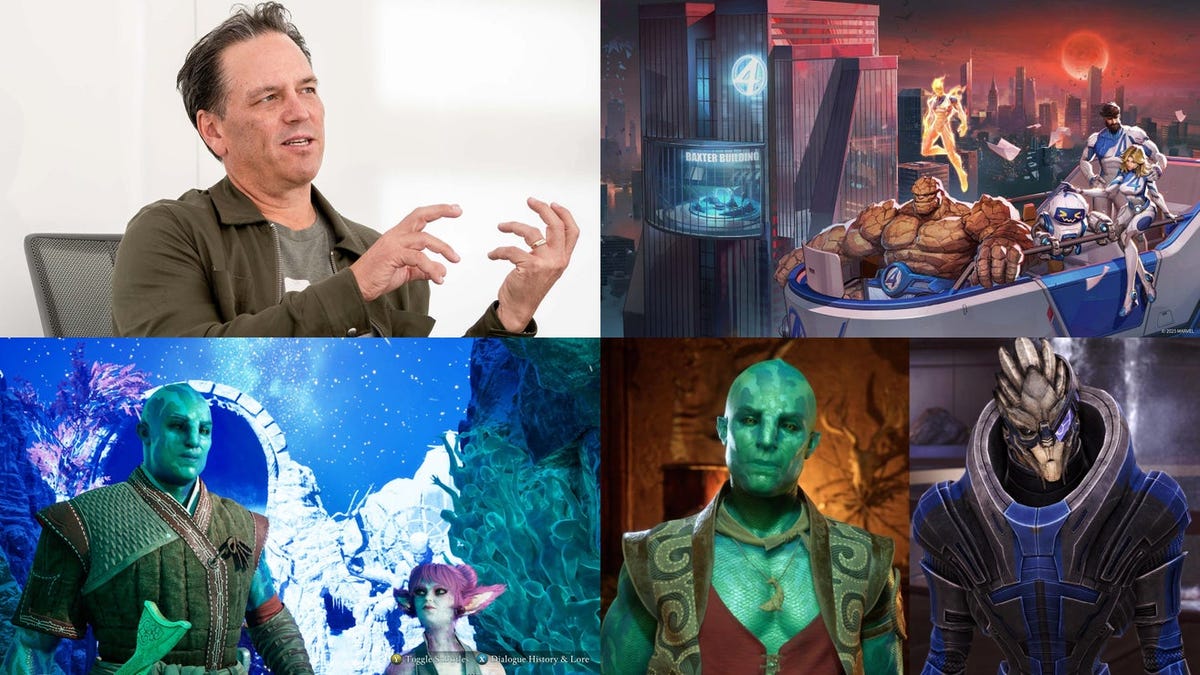




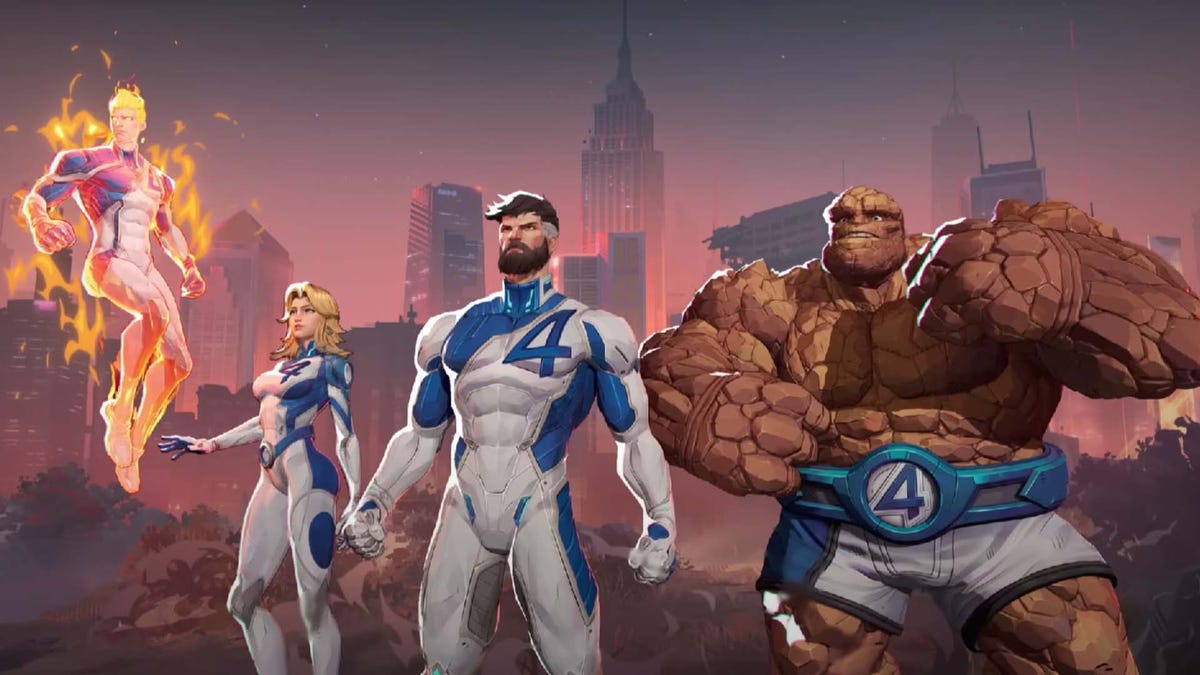

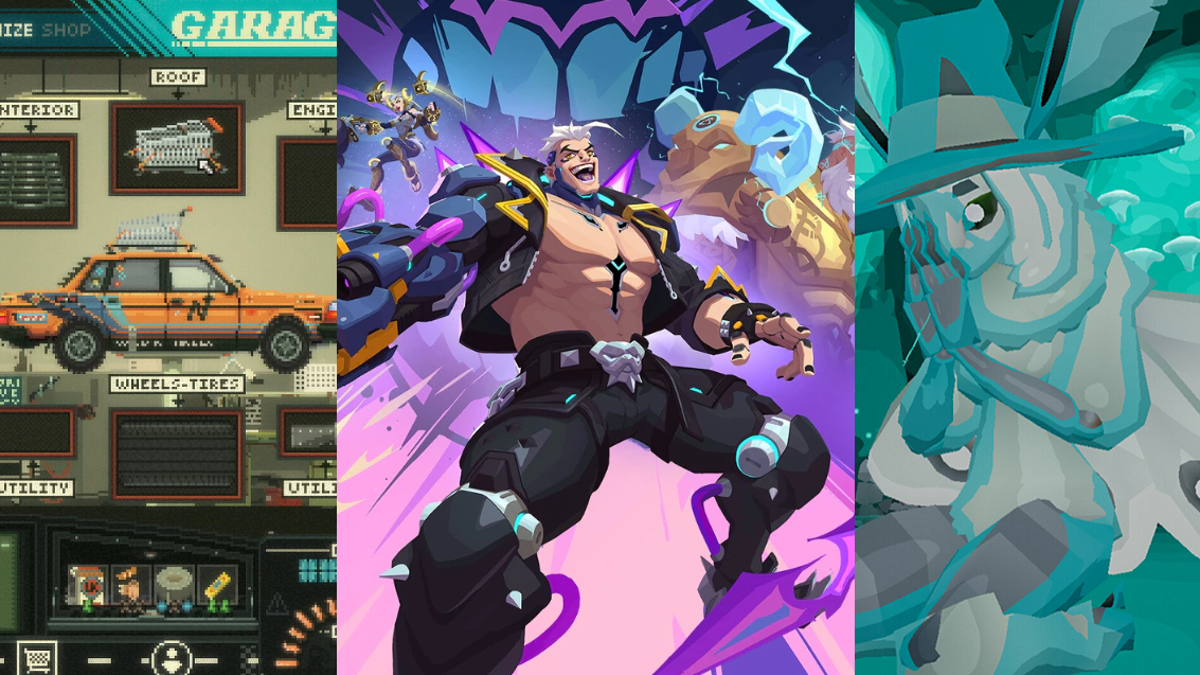
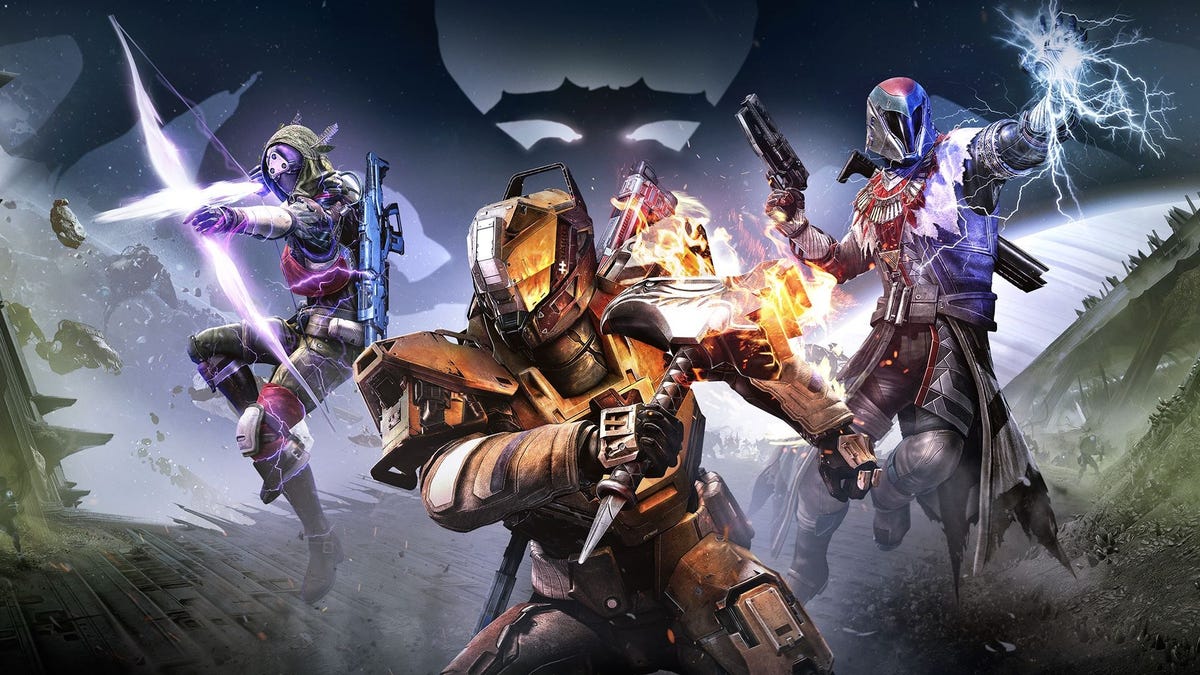
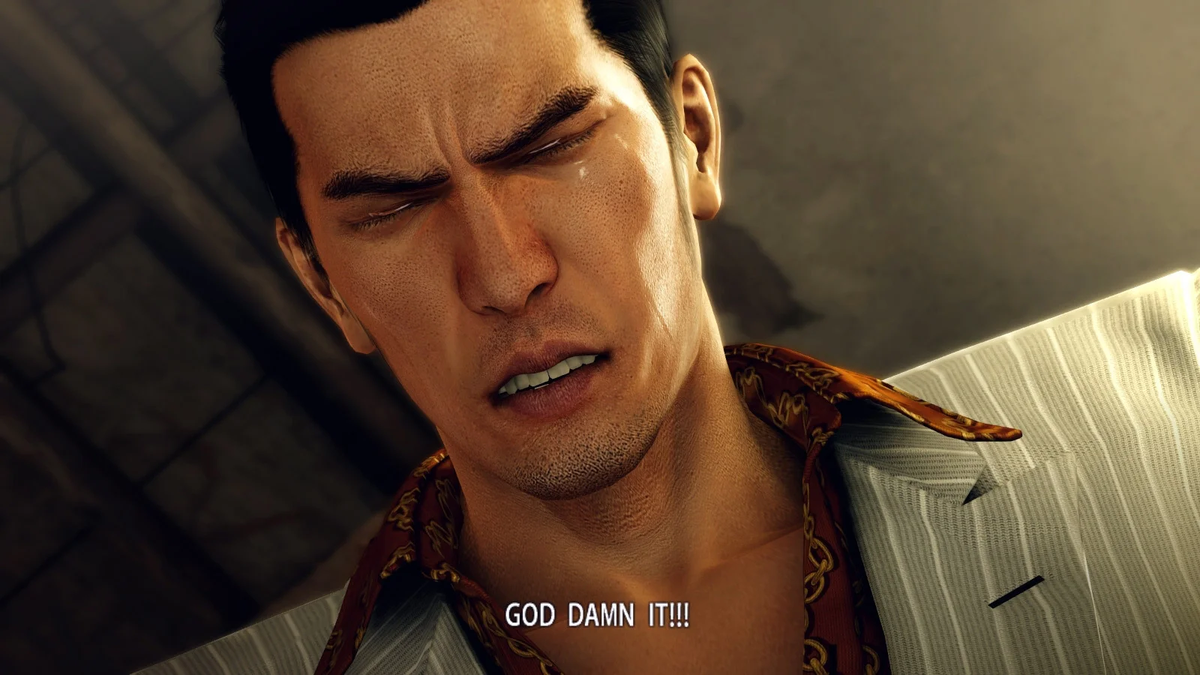
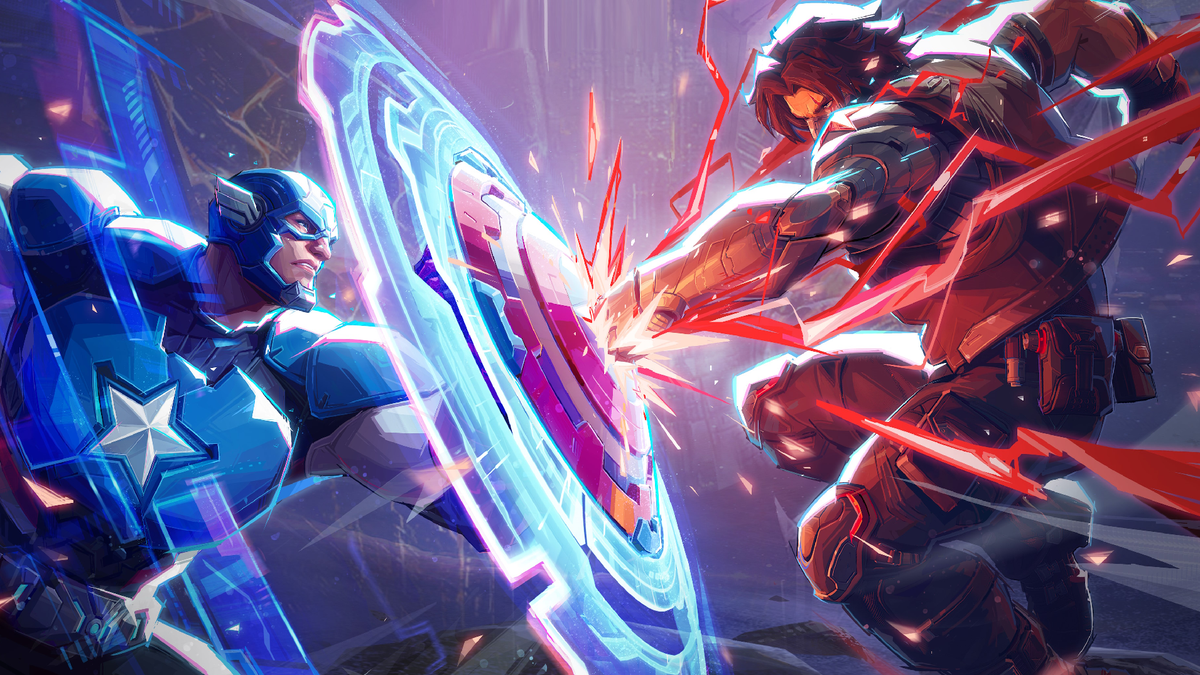


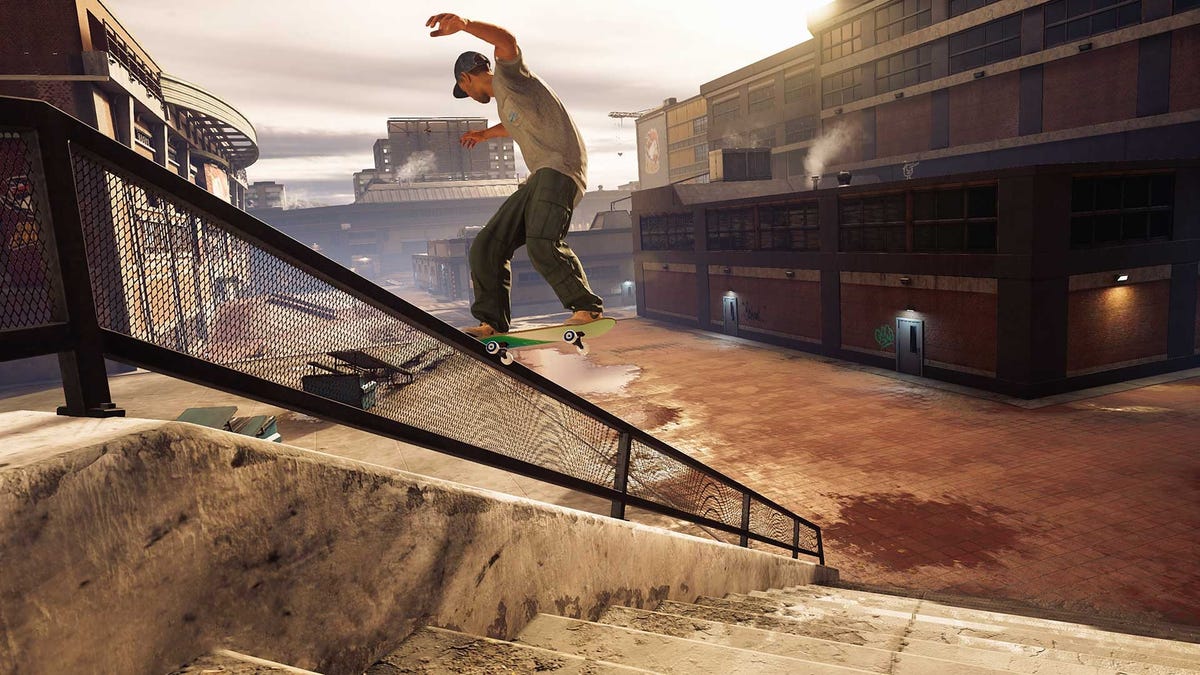



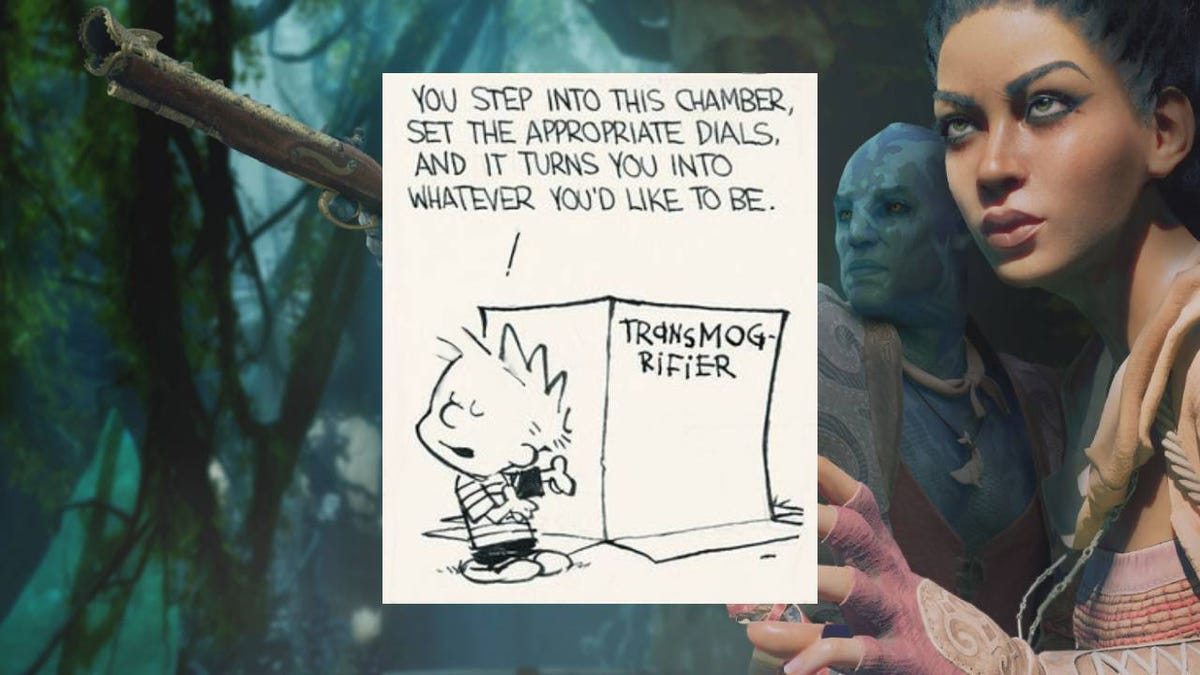


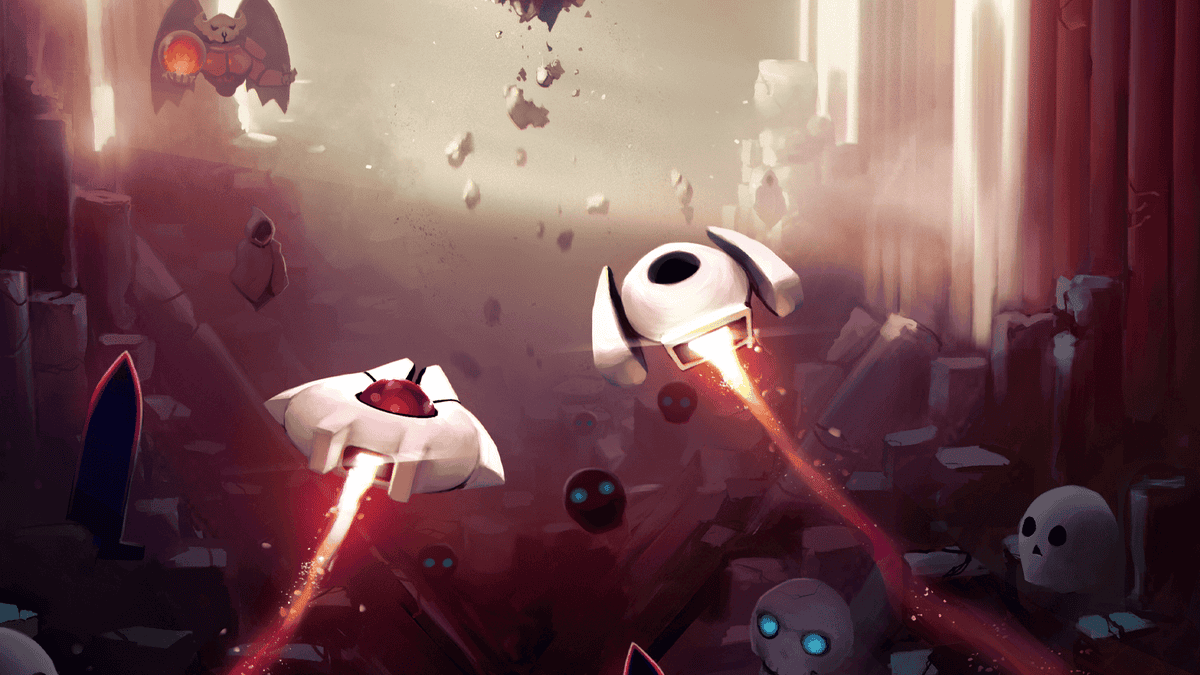

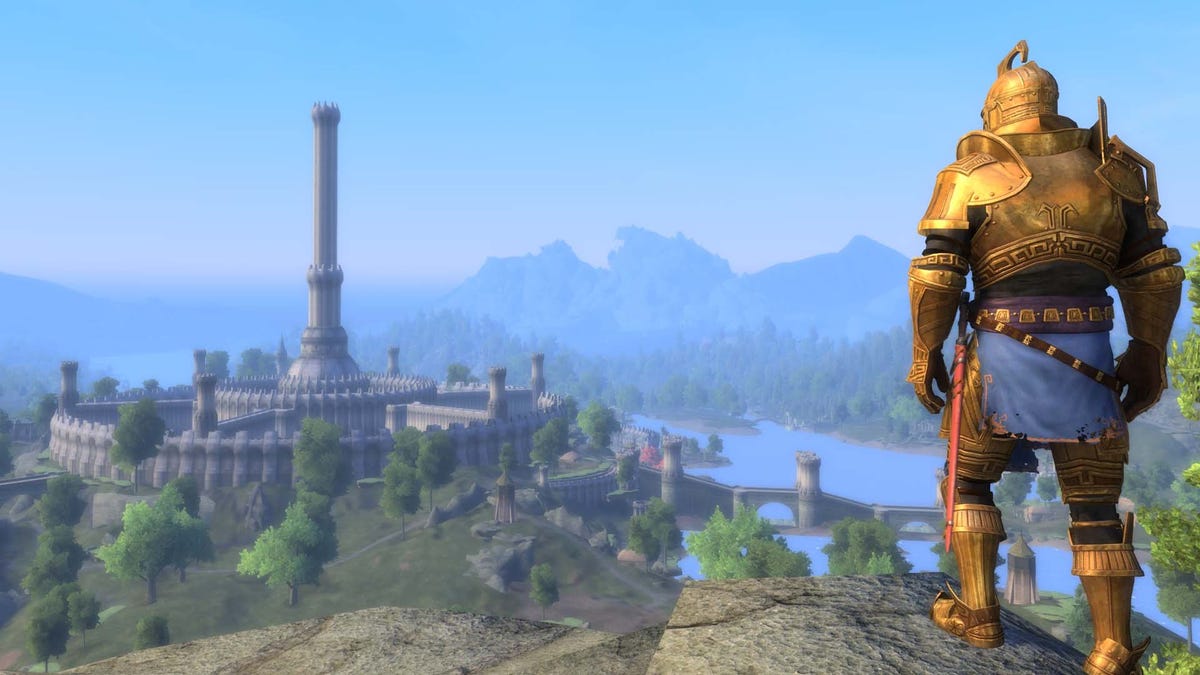

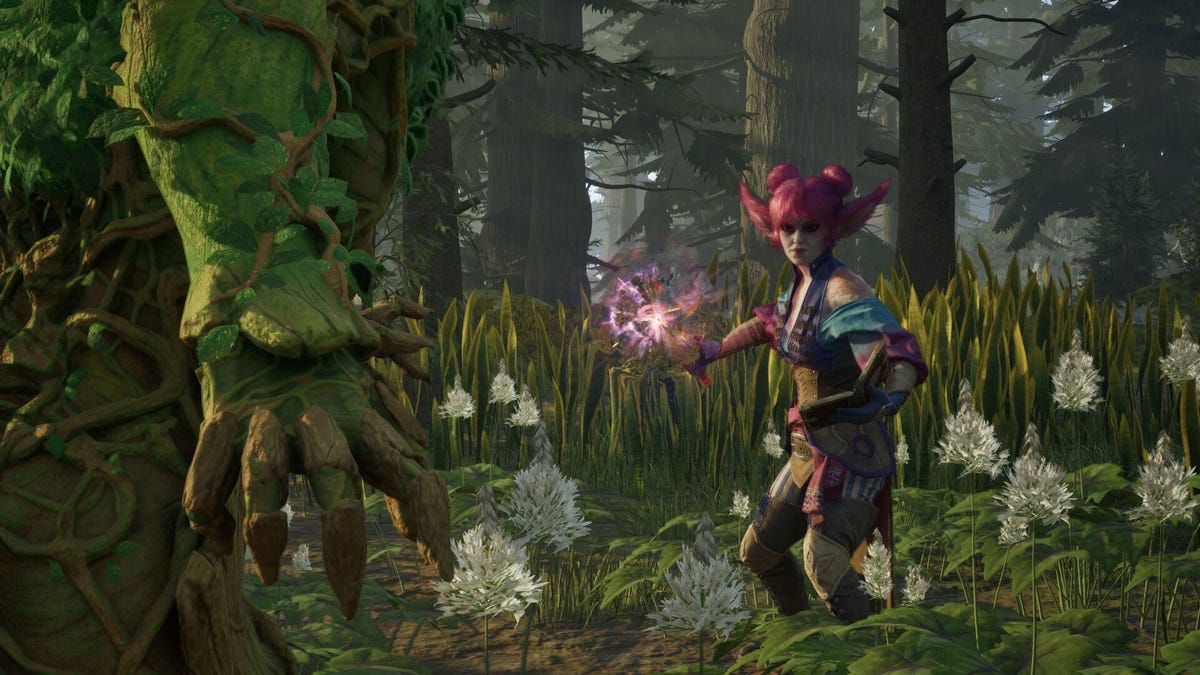
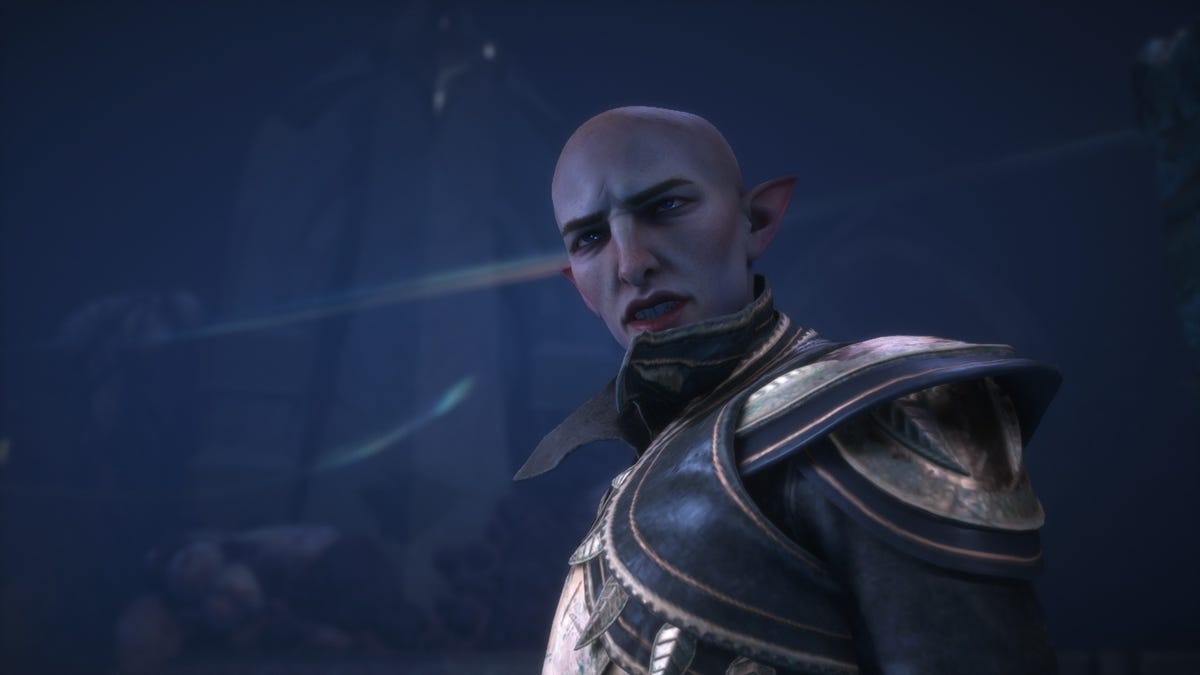
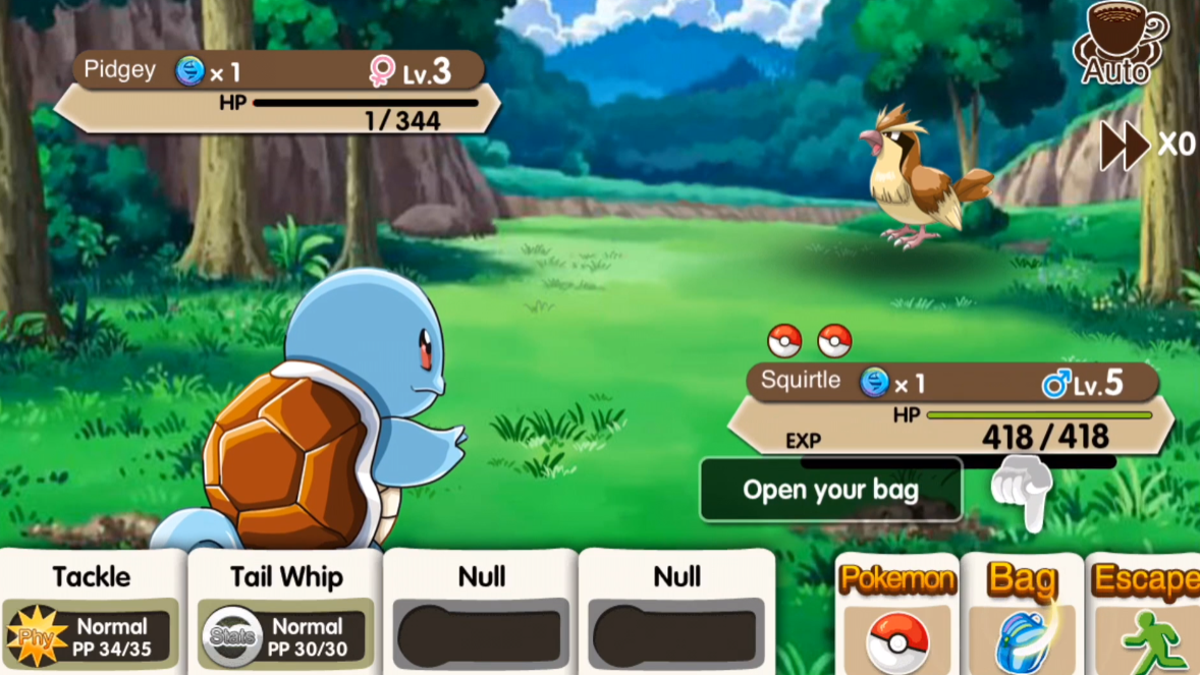
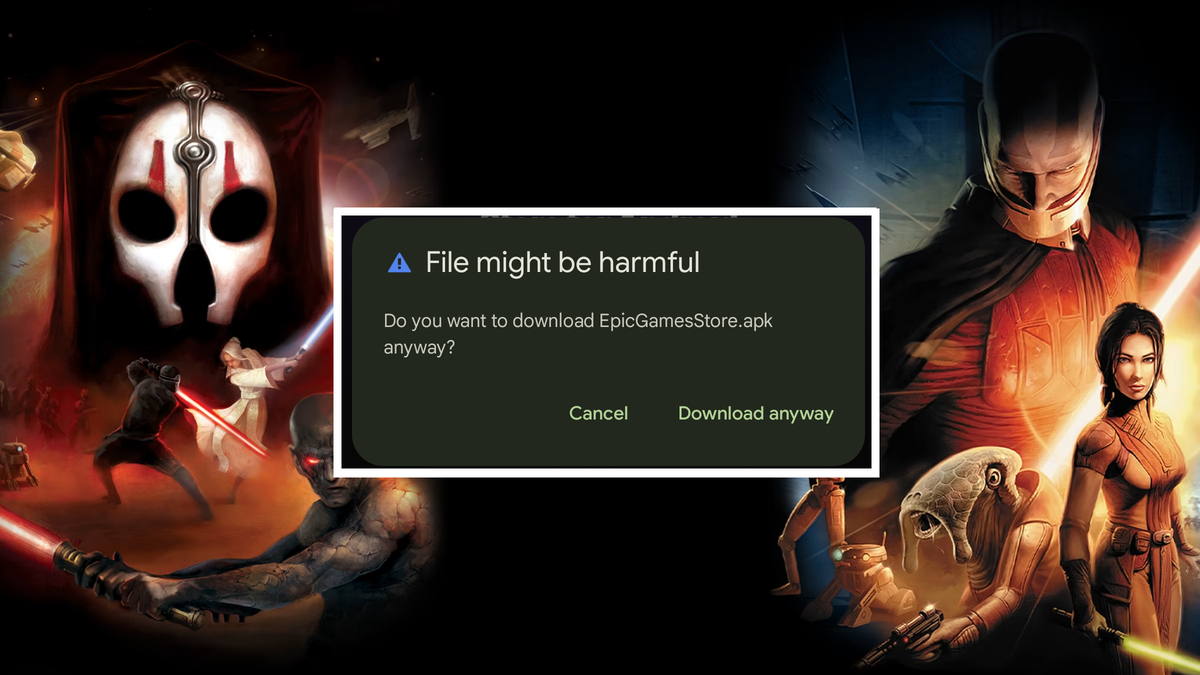
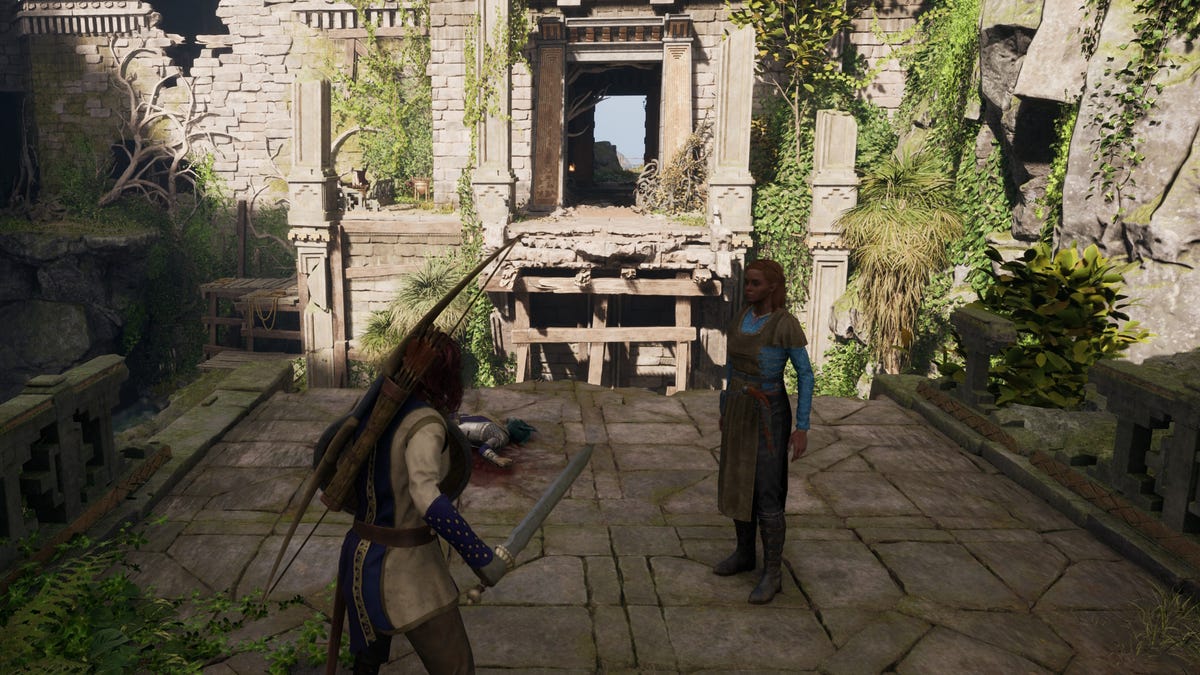
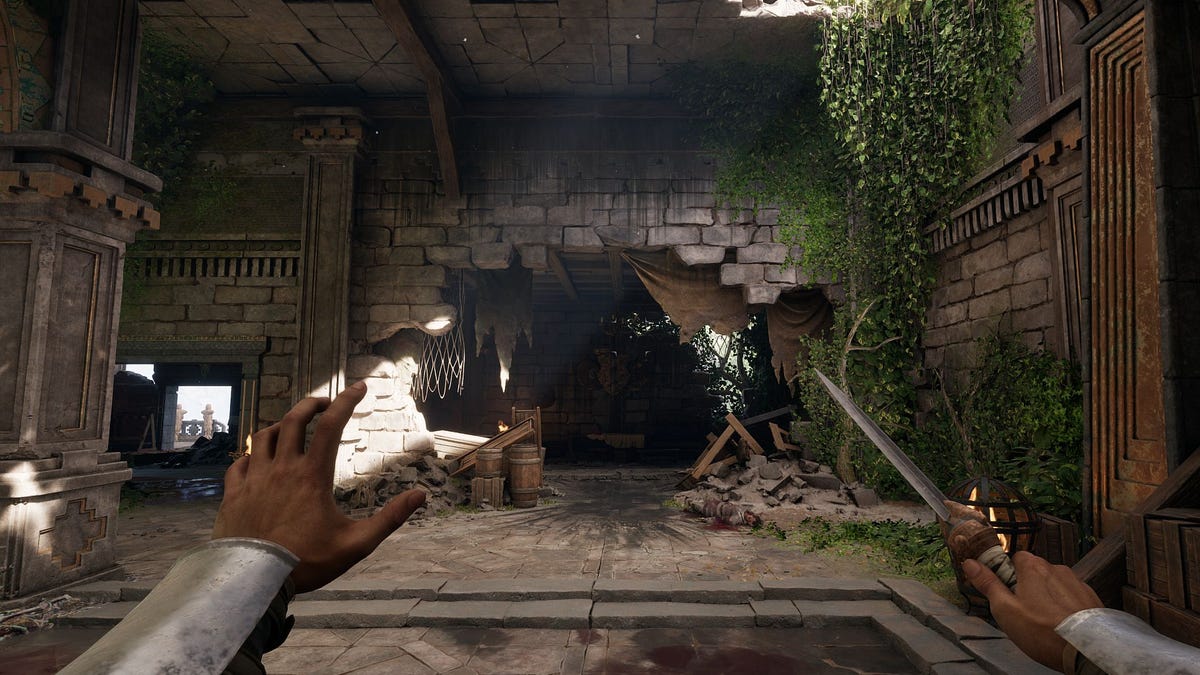
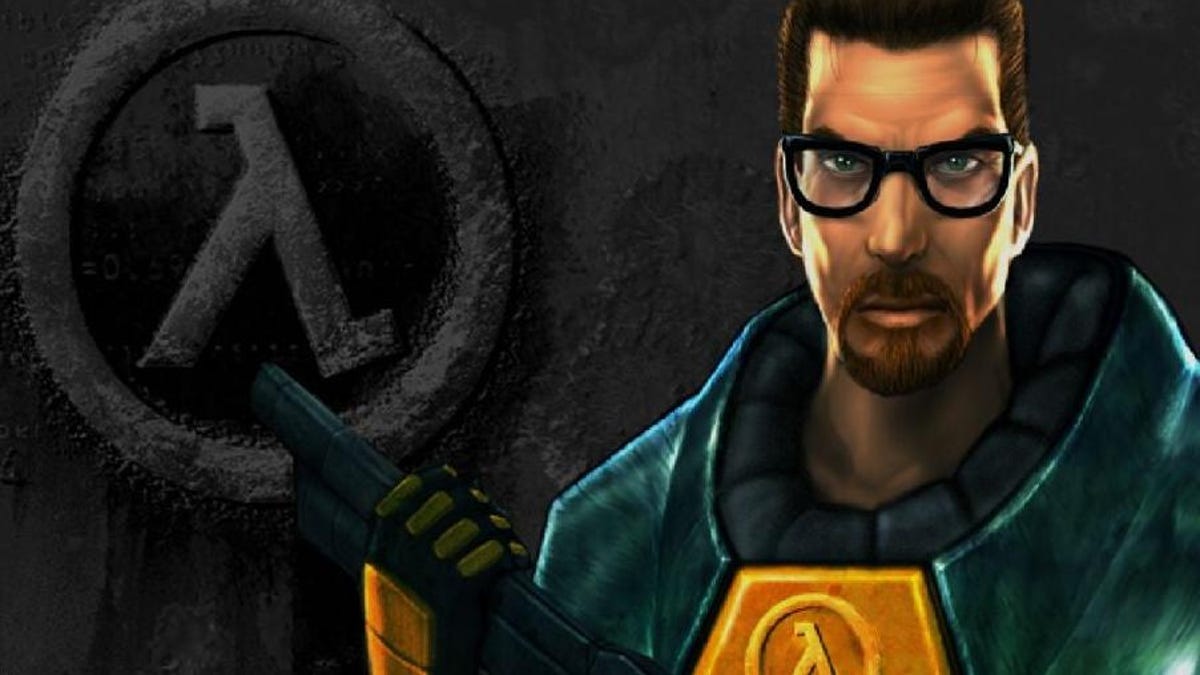
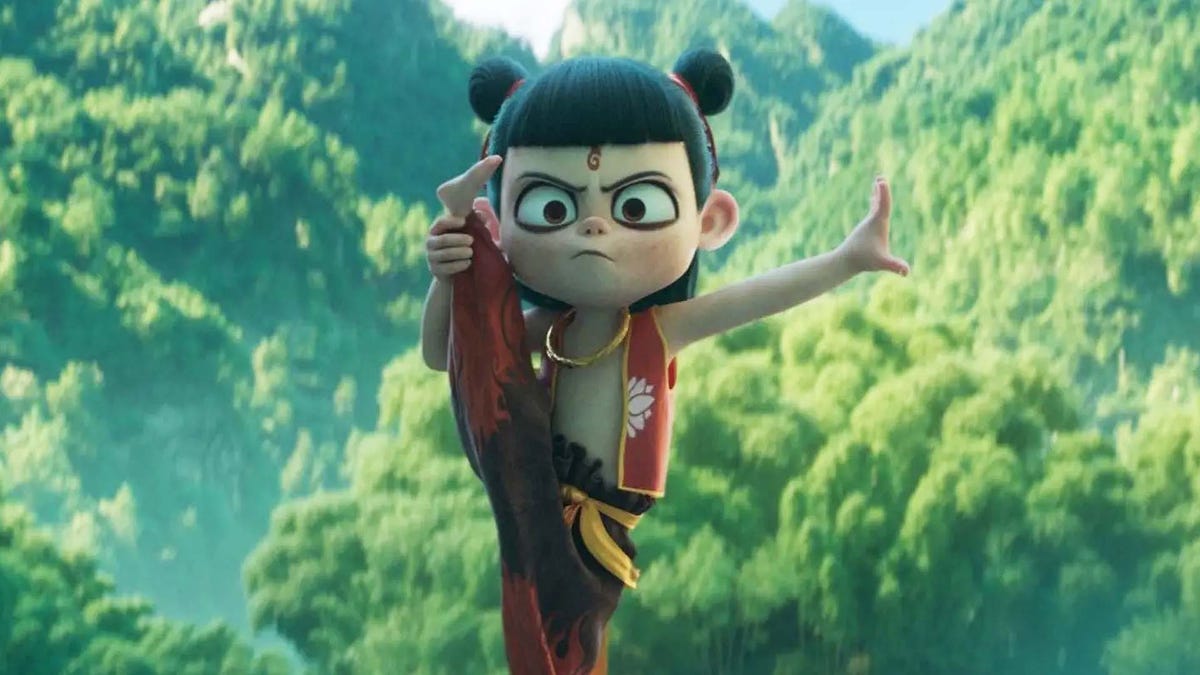
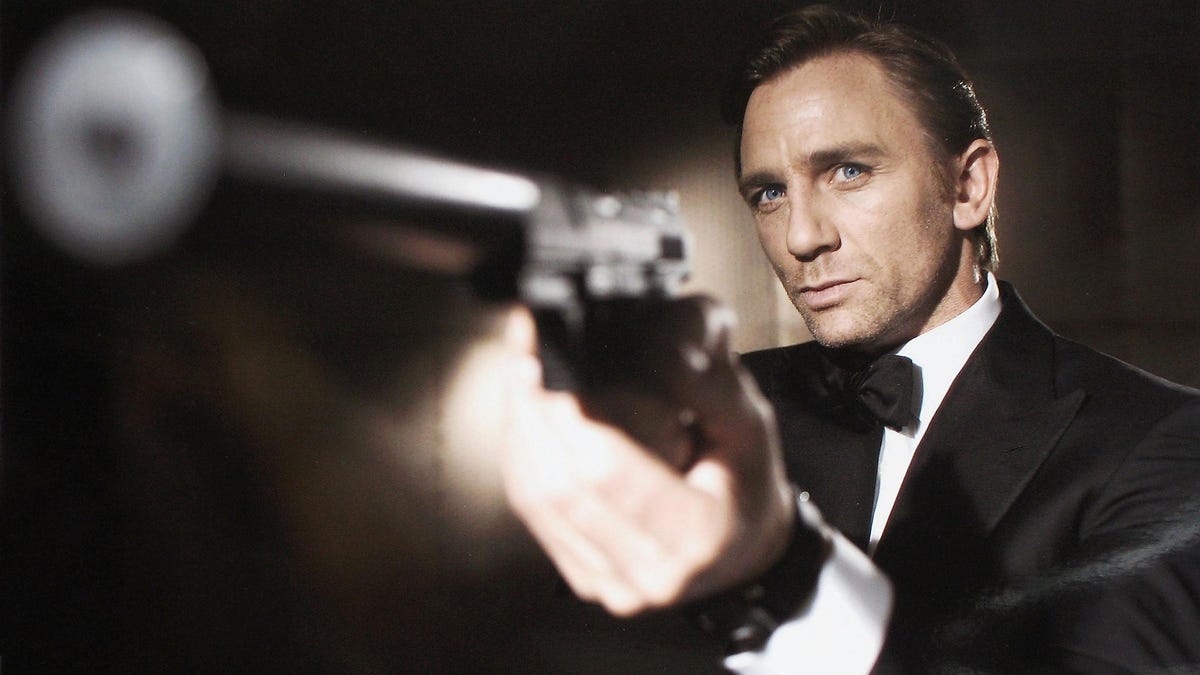


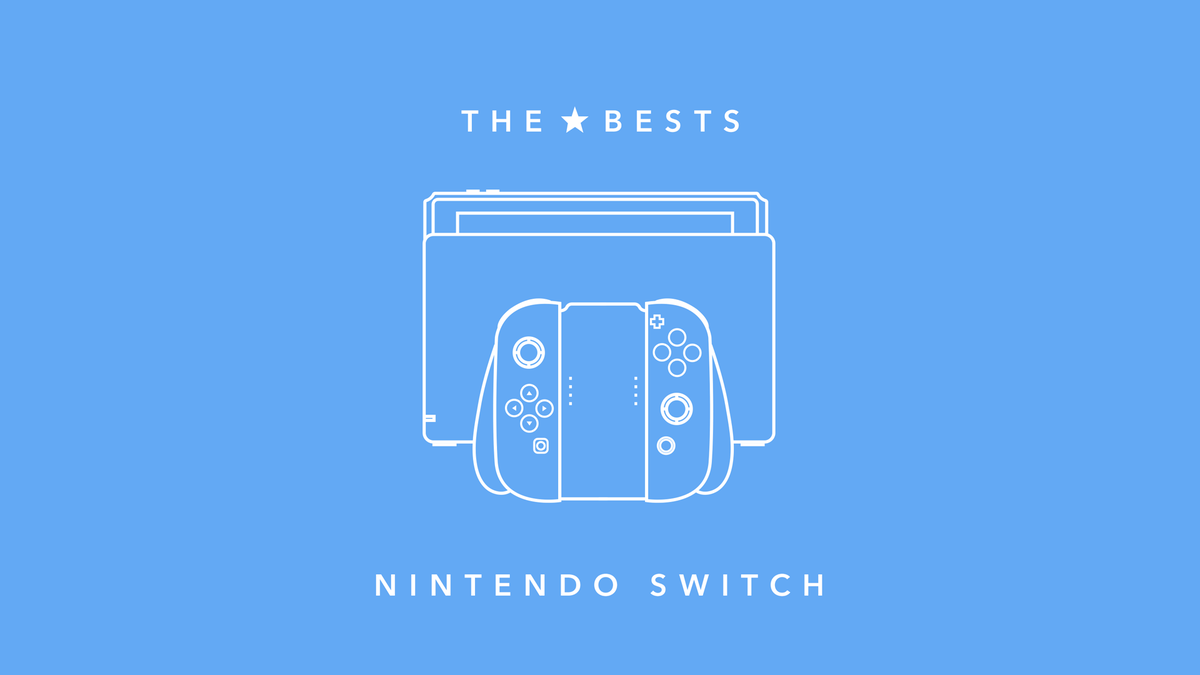





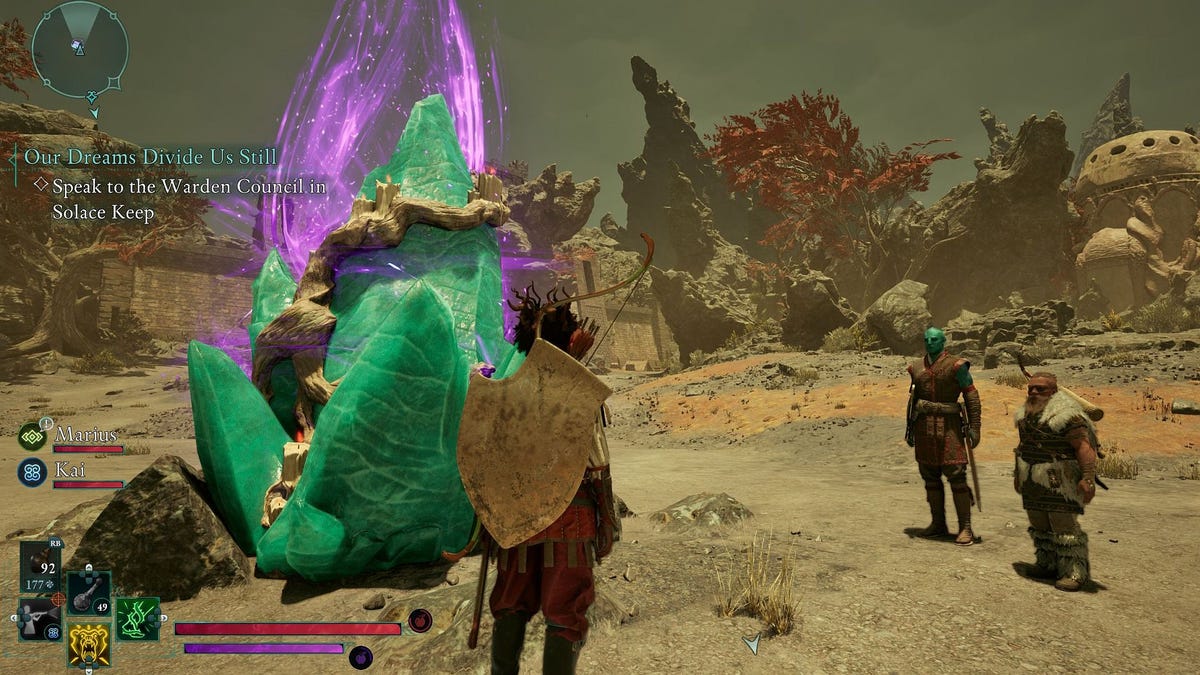



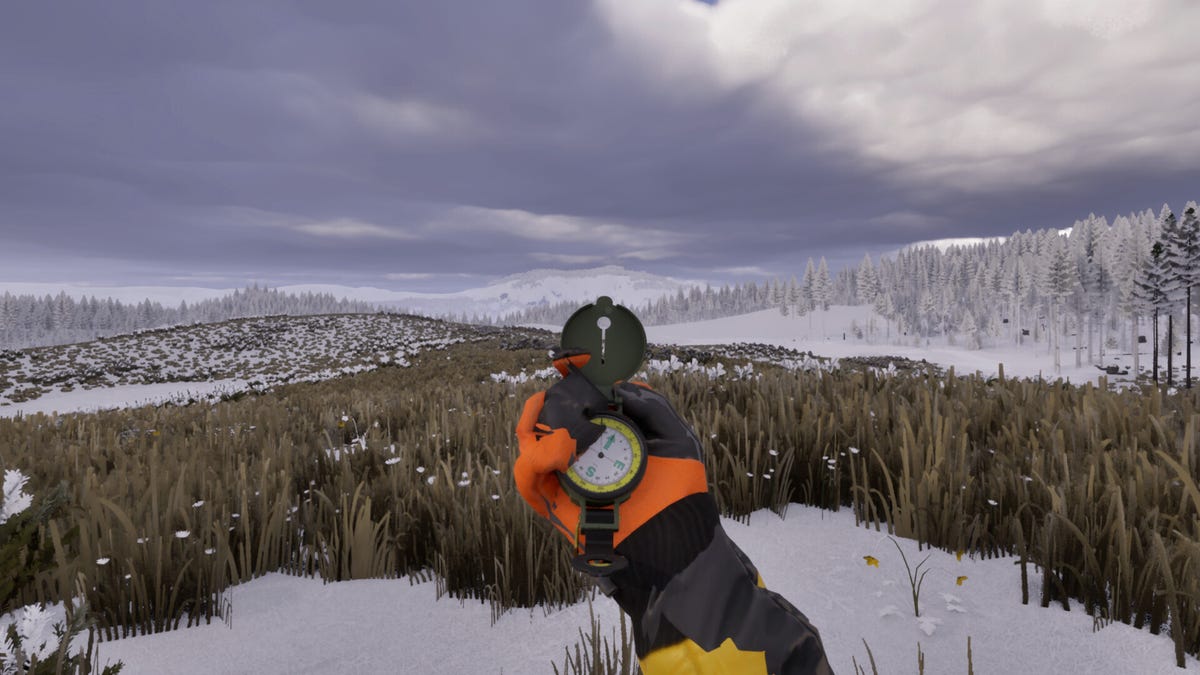


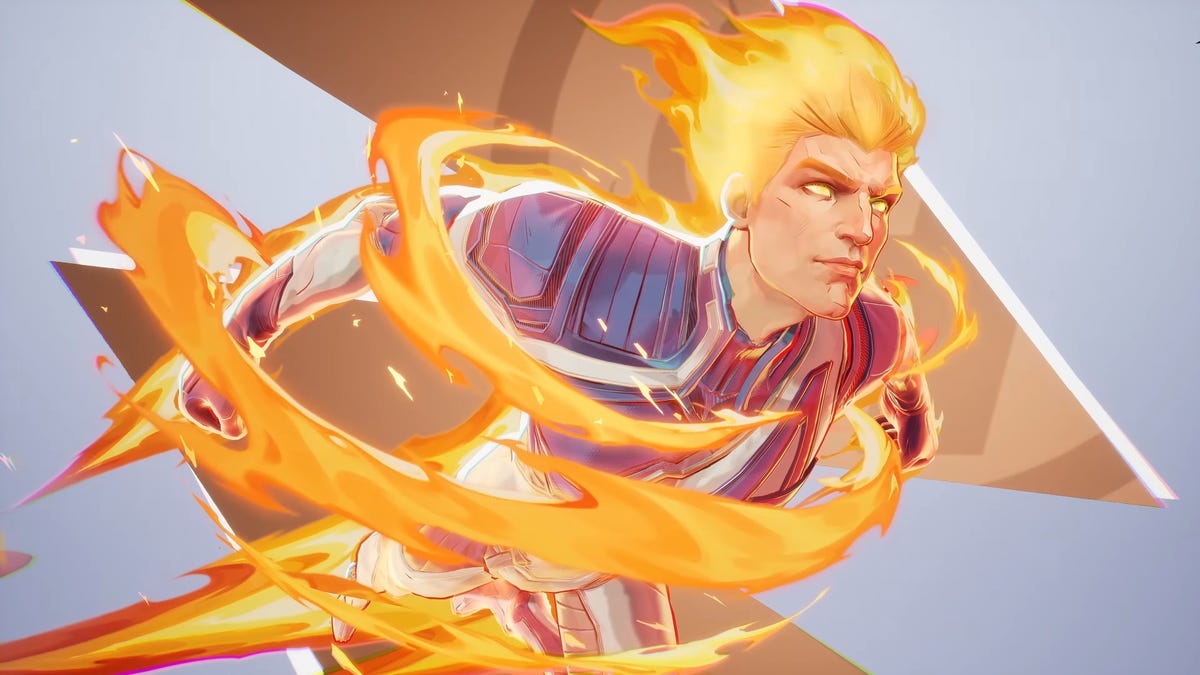
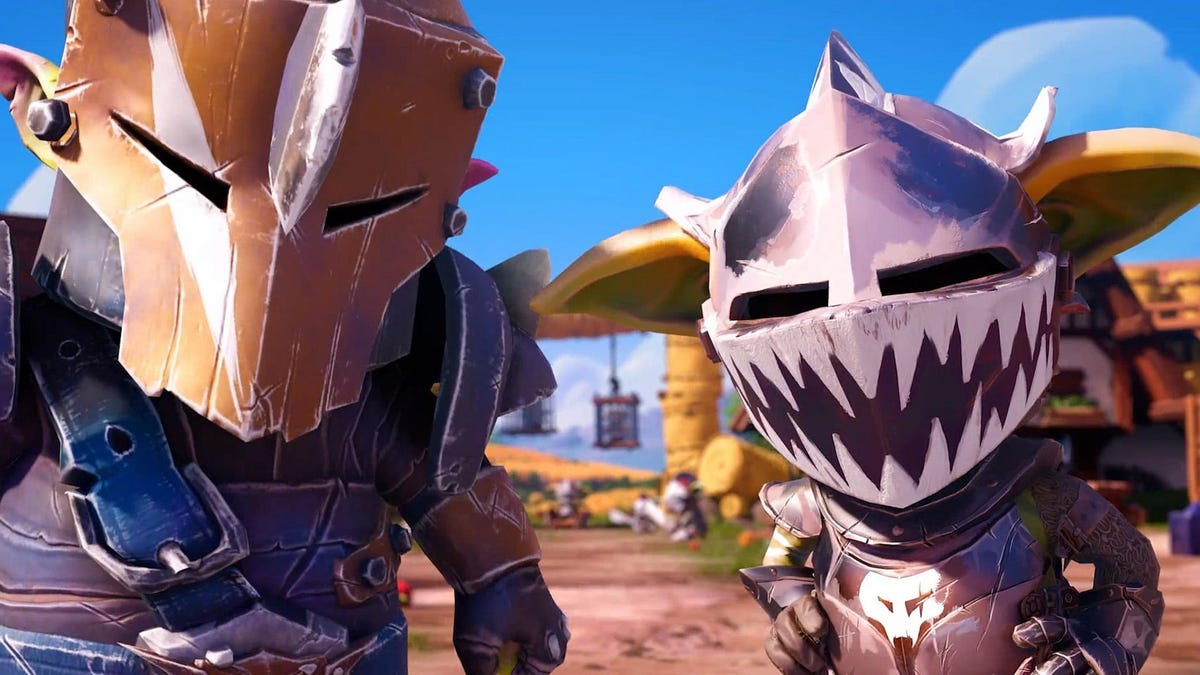





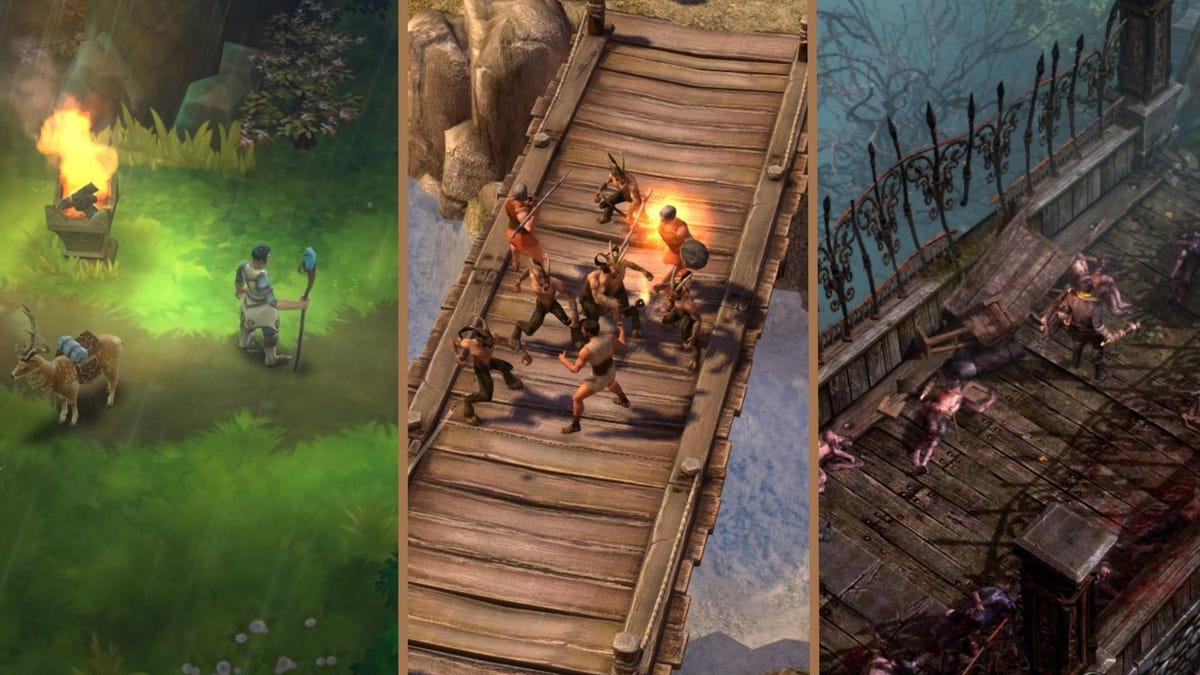






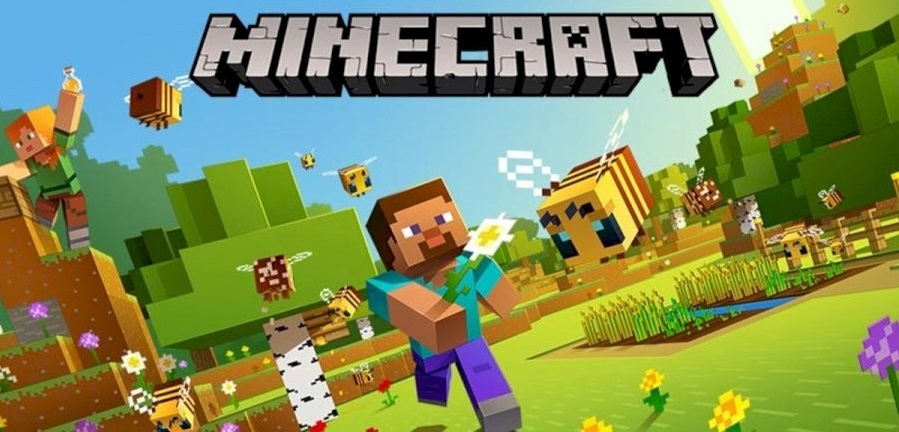



.png)
.png)


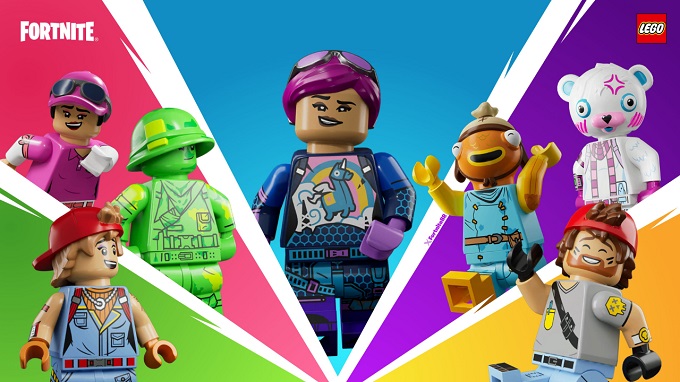
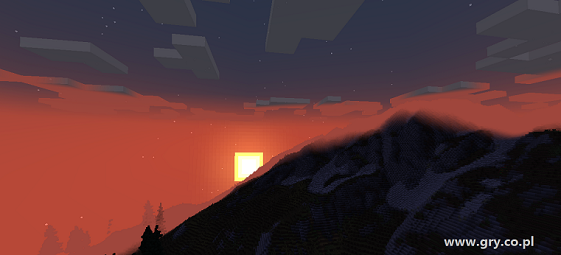






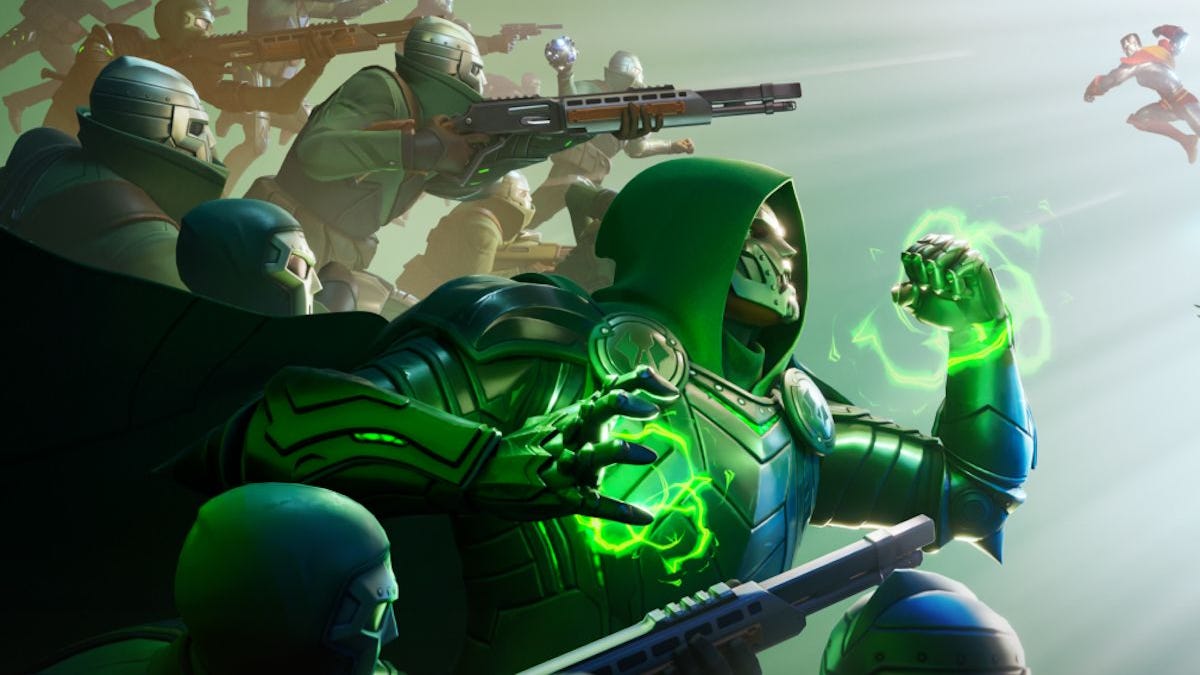
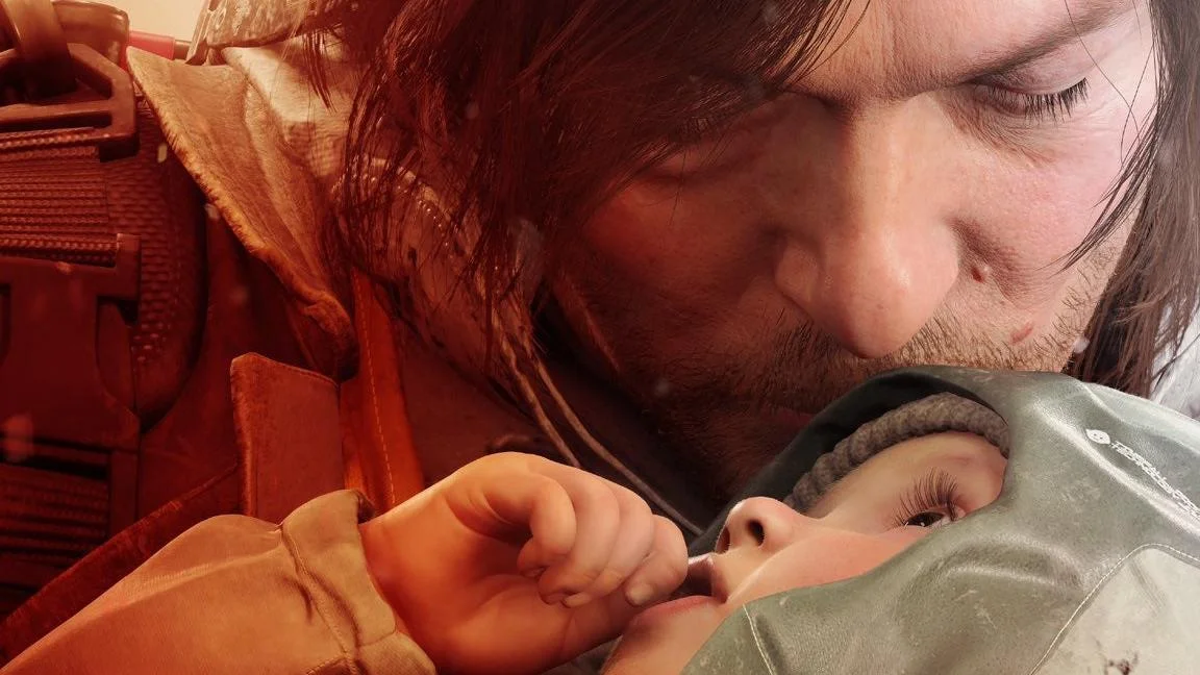



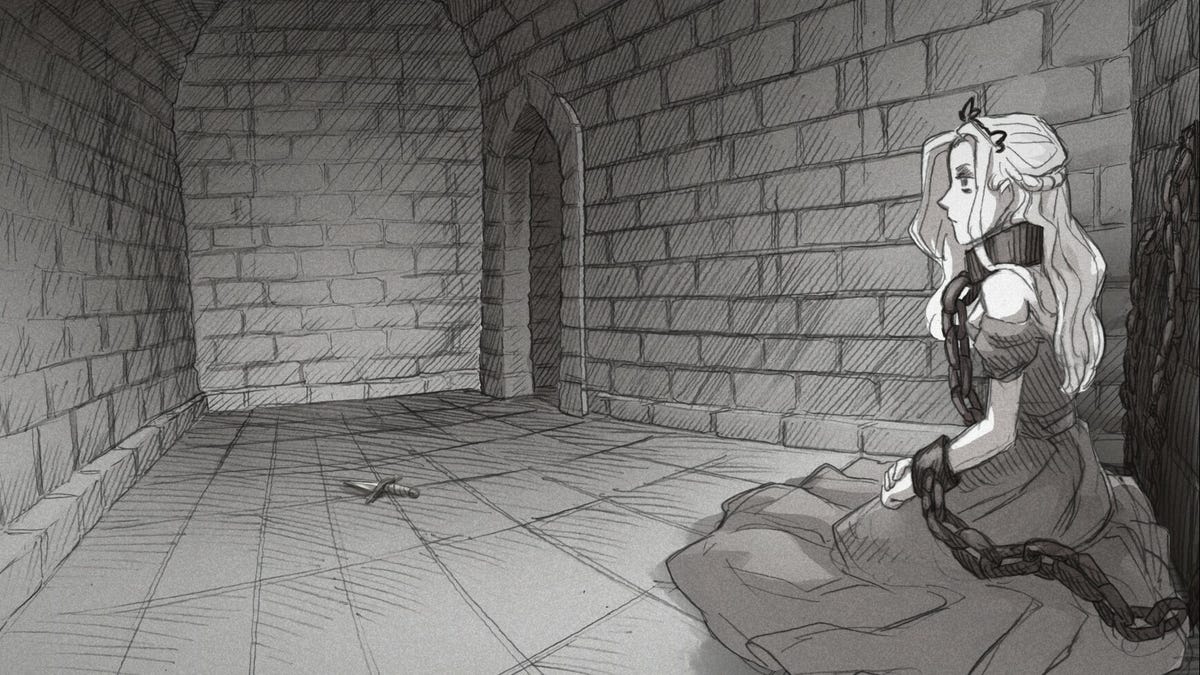



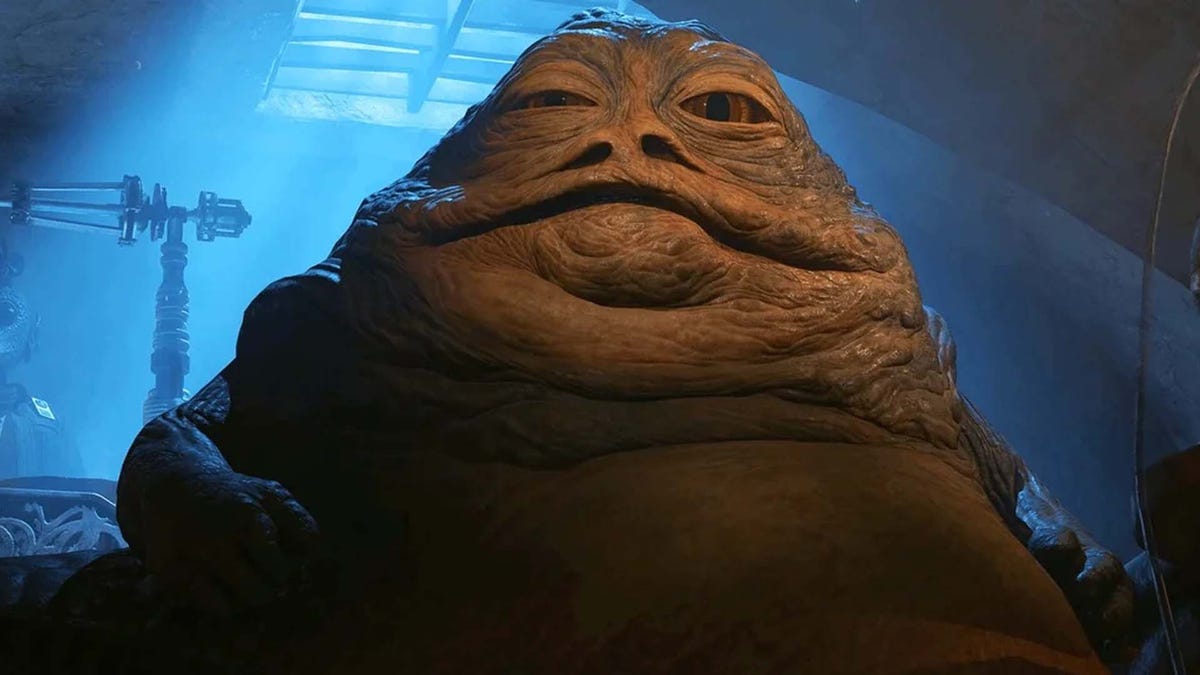
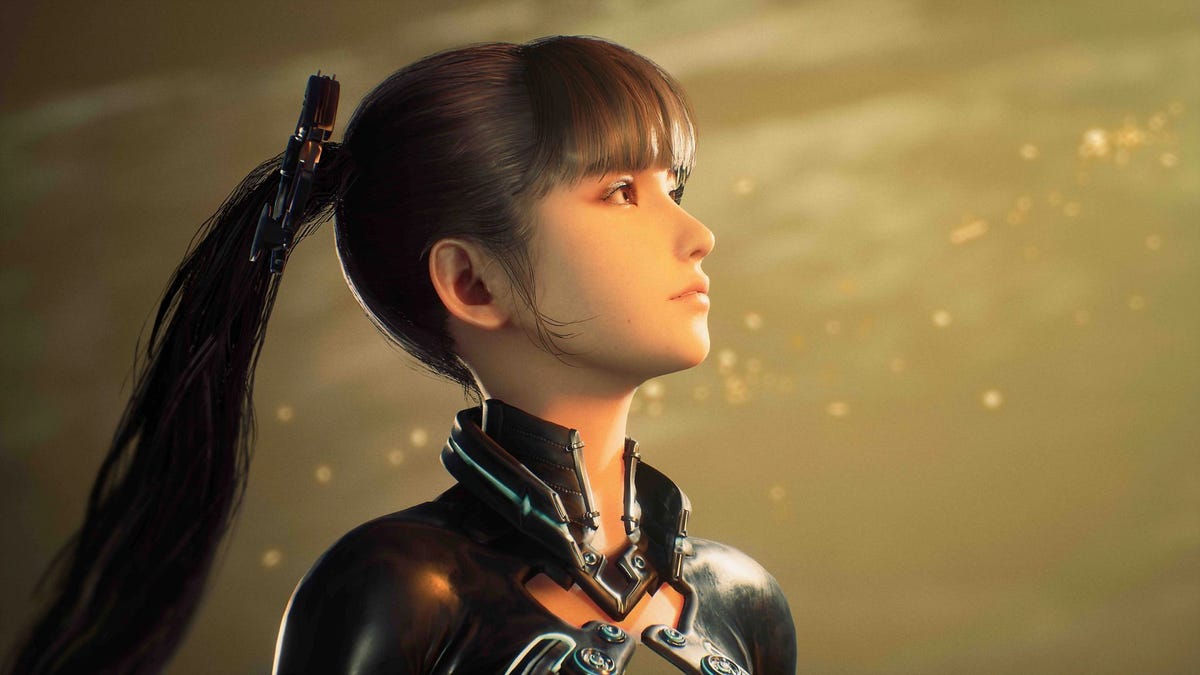


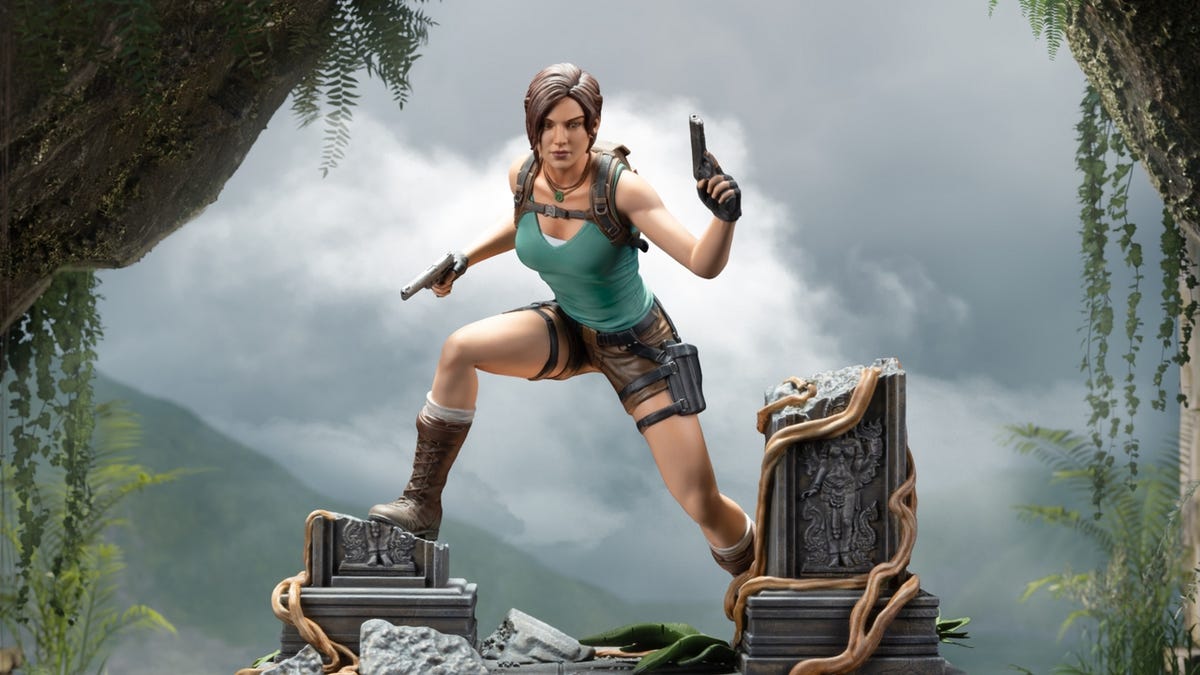
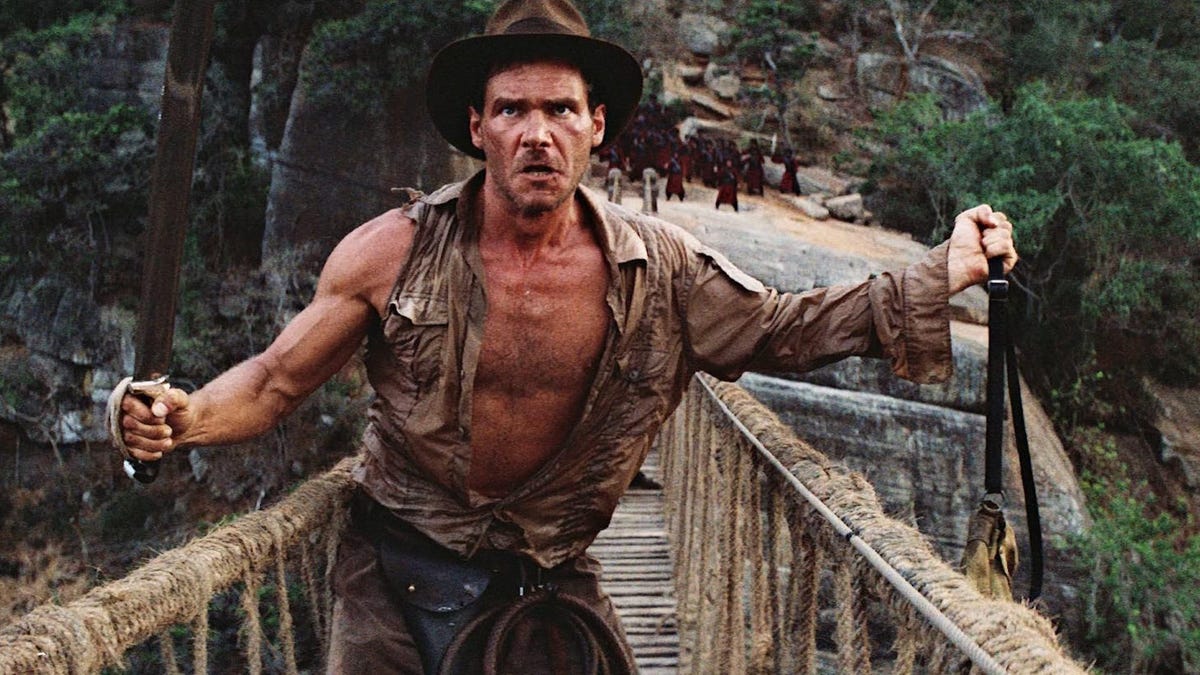
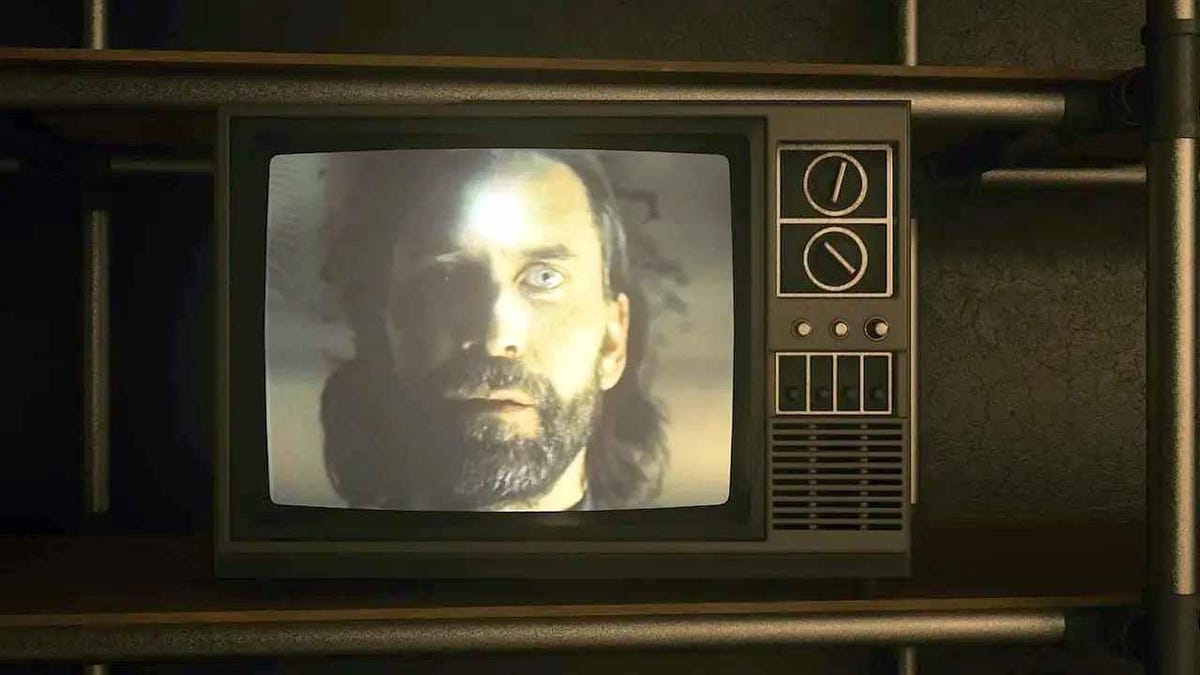
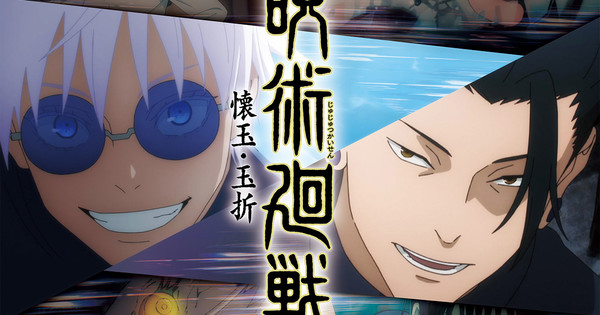
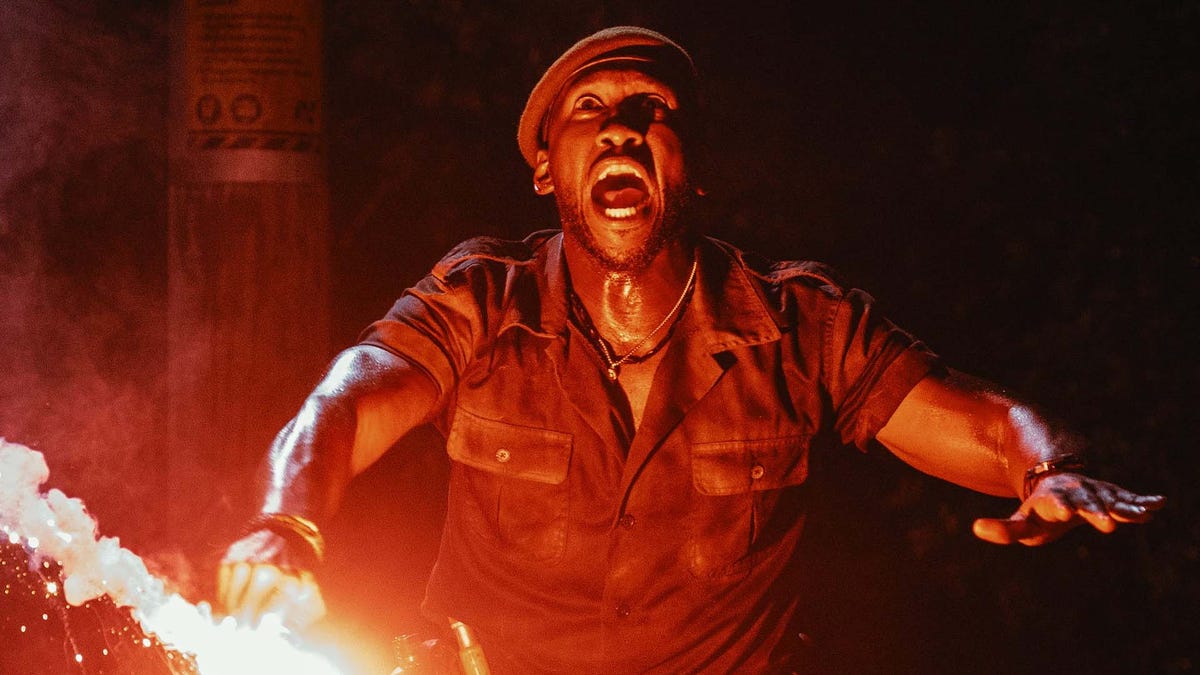
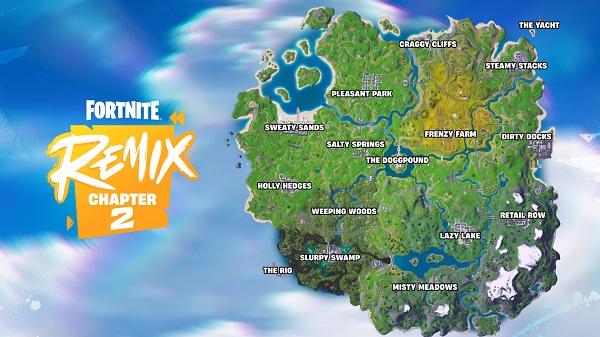

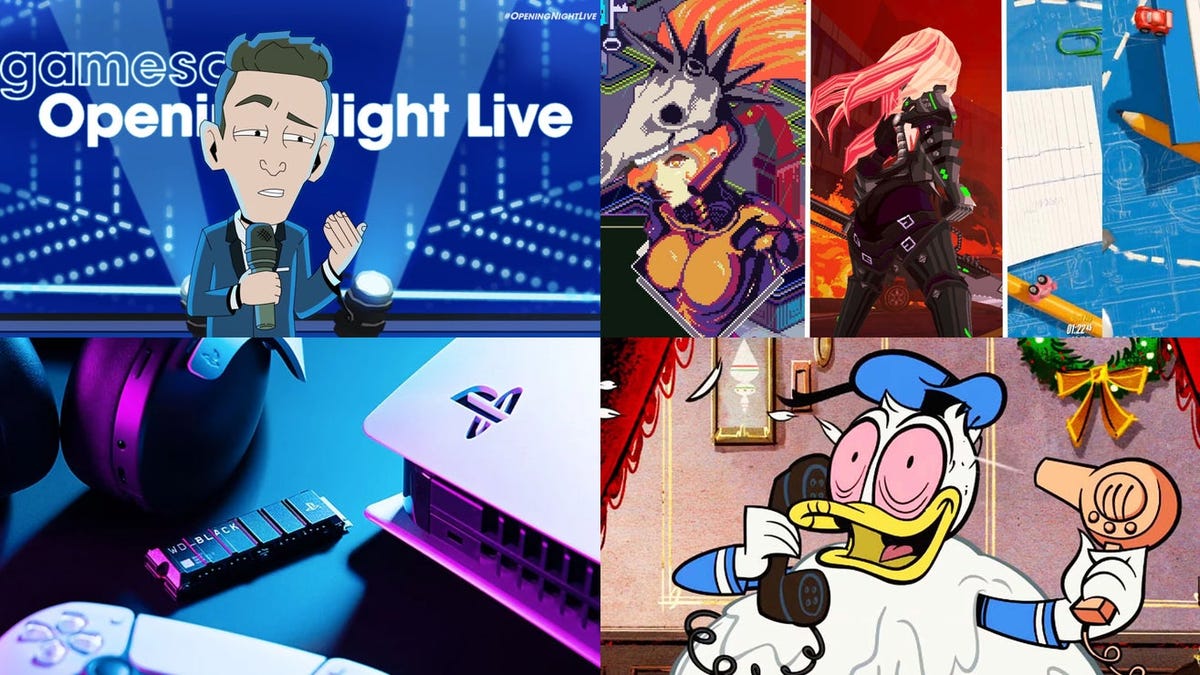
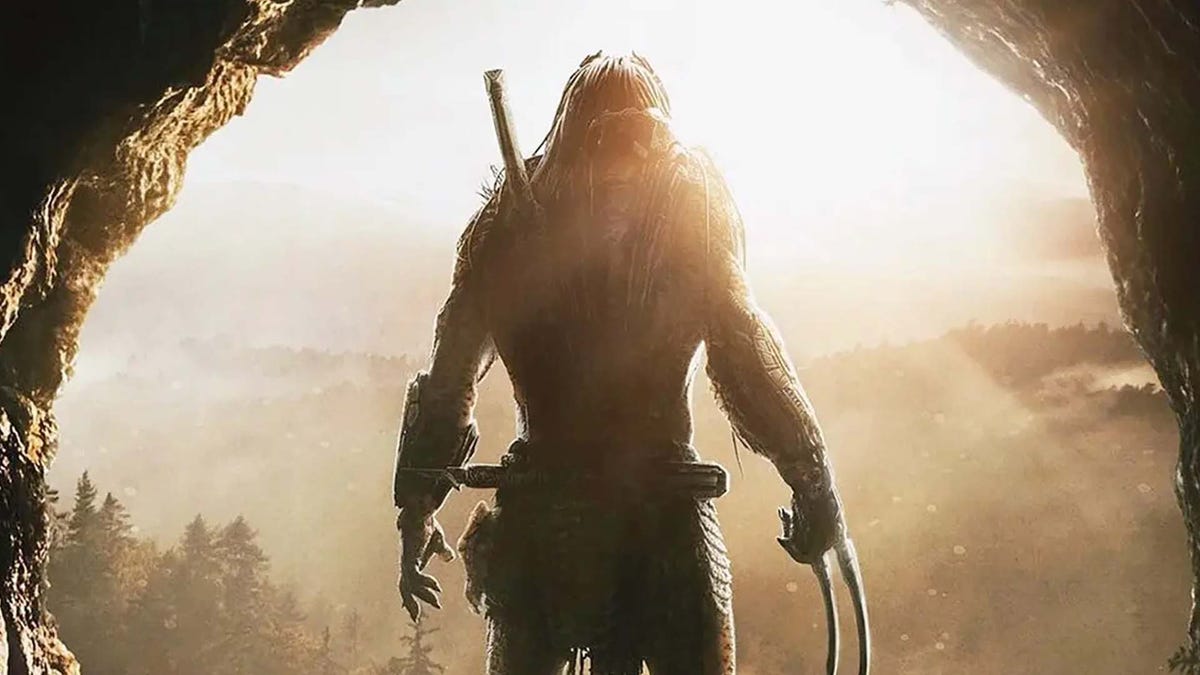
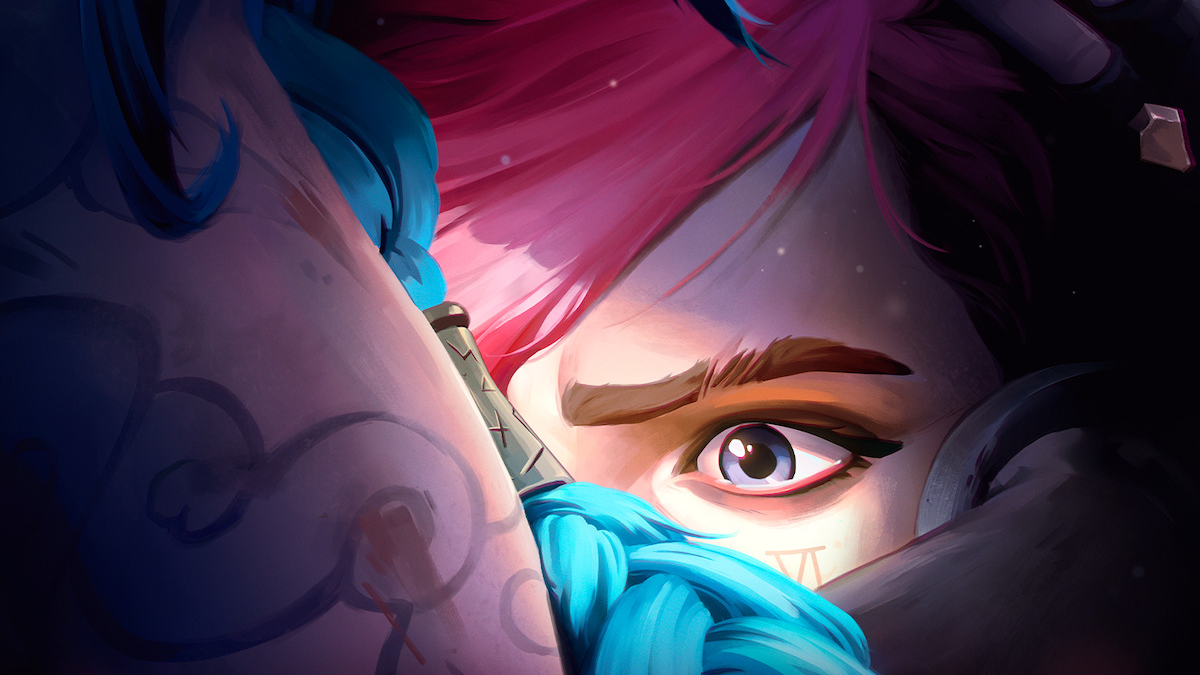
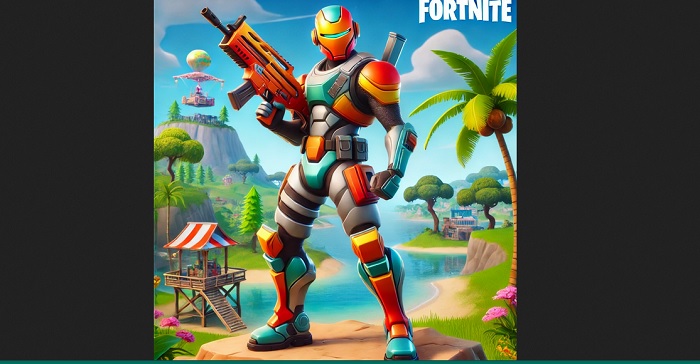
 Bengali (Bangladesh) ·
Bengali (Bangladesh) ·  English (United States) ·
English (United States) ·  Polish (Poland) ·
Polish (Poland) ·